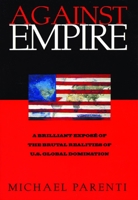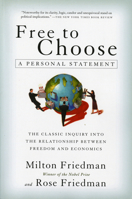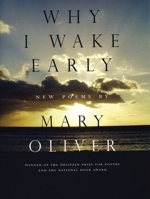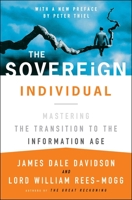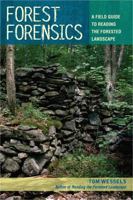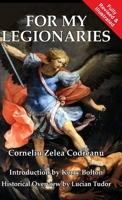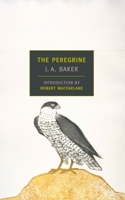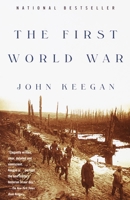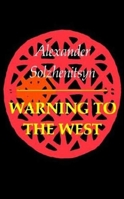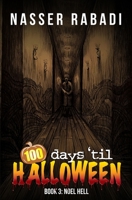Everything Is Extraordinary: True Stories about How We Live, Love and Pay Attention
Select Format
Select Condition 
You Might Also Enjoy
Book Overview
A brilliant, sensitive storyteller, Cole Moreton produces perfectly formed mini epics that are both thought-provoking and hugely entertaining--Anita Anand, bestselling author and broadcaster Cole proves how we all need stories in our lives. Proper stories. Well told... this hits just the right spot'--Fi Glover, co-host of 'Off Air...With Jane & Fi'. 'Clive James raged against the dying of the light, as you would expect from a man who had punched out prose like a prizefighter all his life; yet he also showed grace and gratitude at being allowed to stay in that light for a little while longer. He saw beauty in even the smallest things. Every moment was potentially precious, because there were so few left. As his daughter Claerwen said, for him "Everything was Extraordinary."' What if we could learn to live with such awareness long before the end? To appreciate every moment, and every encounter with another human or with the natural world around us? Might we, too, learn that everything is extraordinary? That we are interconnected and interdependent? Each encounter we have with another person is potentially meaningful because our very humanity depends on being connected with others. As Desmond Tutu says: 'I couldn't be a human being on my lonesome, I wouldn't know what to do.' In a set of lyrical meditations, award-winning writer and interviewer Cole Moreton takes us face-to-face with the famous, the infamous -- and others with insights to share -- from Scarlett Johansson, Tiger Woods and Her Majesty Queen Elizabeth II to Zahra, a refugee who crossed the Channel on a tiny, overladen rubber boat. We meet all of them as equals and each fascinating story tells us something about the way we live, love and reach out to find each other, whoever we are. Everything Is Extraordinary builds into a mesmerizing and lyrical meditation on the joy of being alive and open to the world. All we need to do is pay attention.
Format:Hardcover
Language:English
ISBN:139980037X
ISBN13:9781399800372
Release Date:May 2024
Publisher:Hodder Faith
Length:224 Pages
Weight:0.80 lbs.
Dimensions:1.0" x 5.5" x 8.7"
Customer Reviews
0 customer rating | 0 review
There are currently no reviews. Be the first to review this work.














